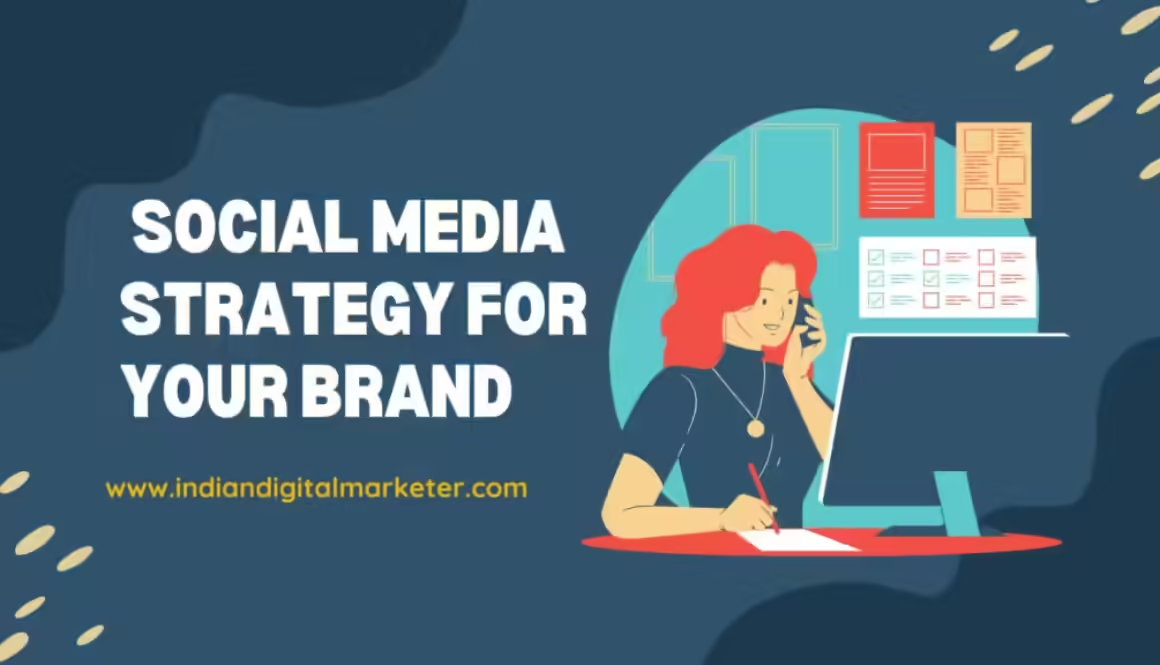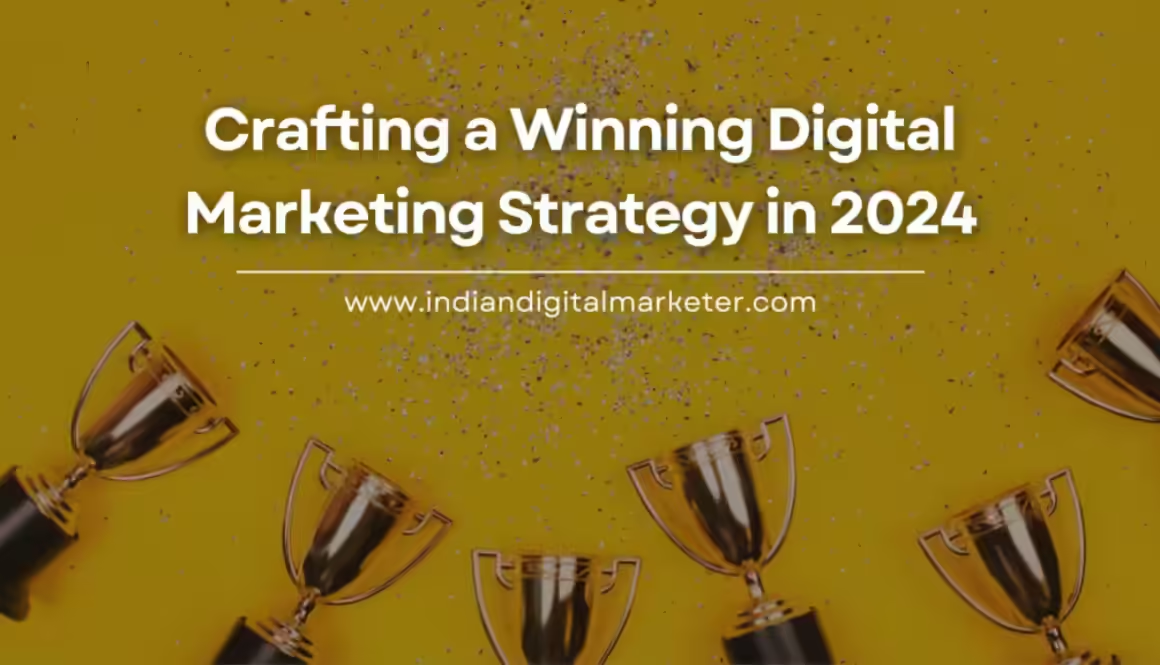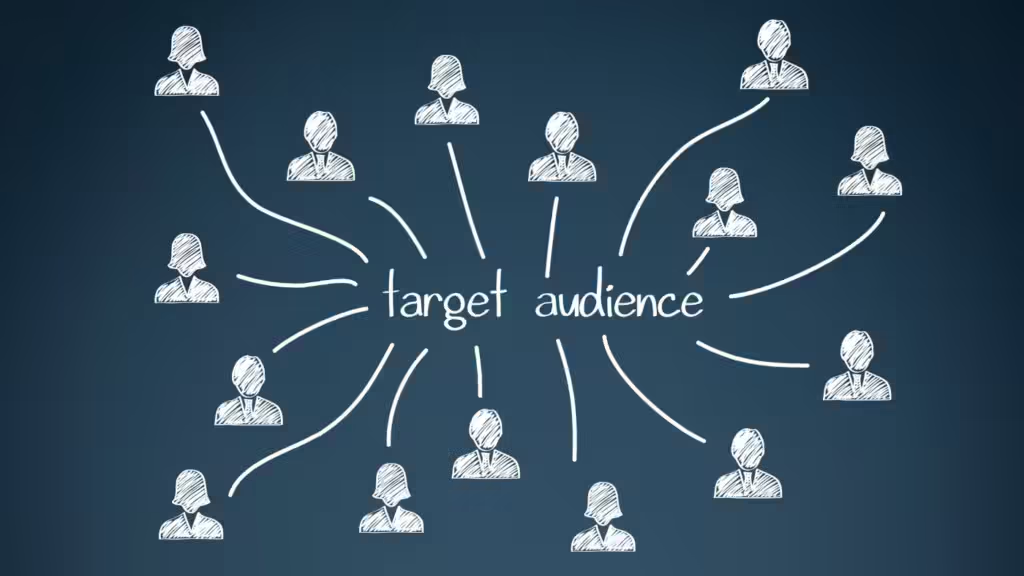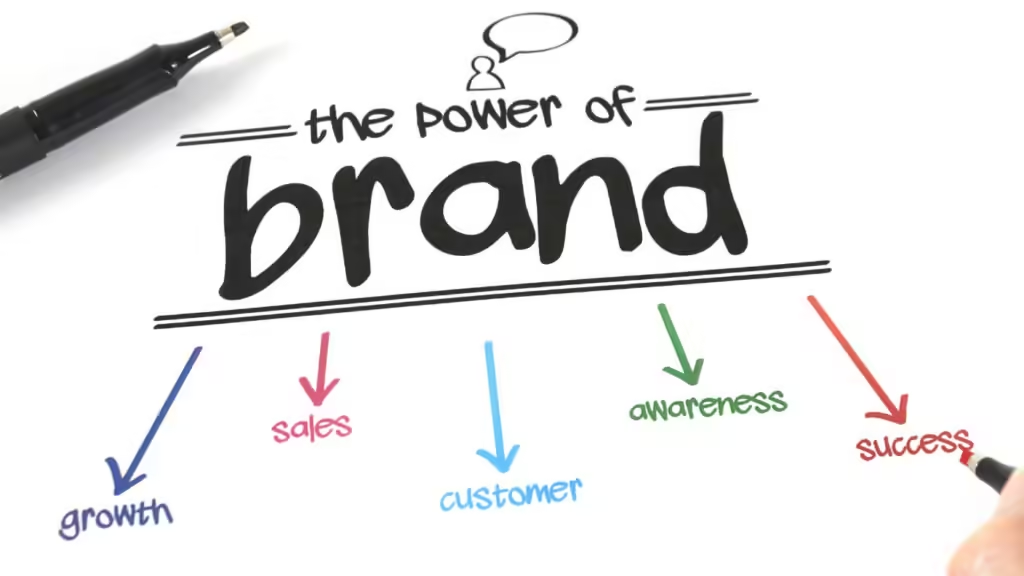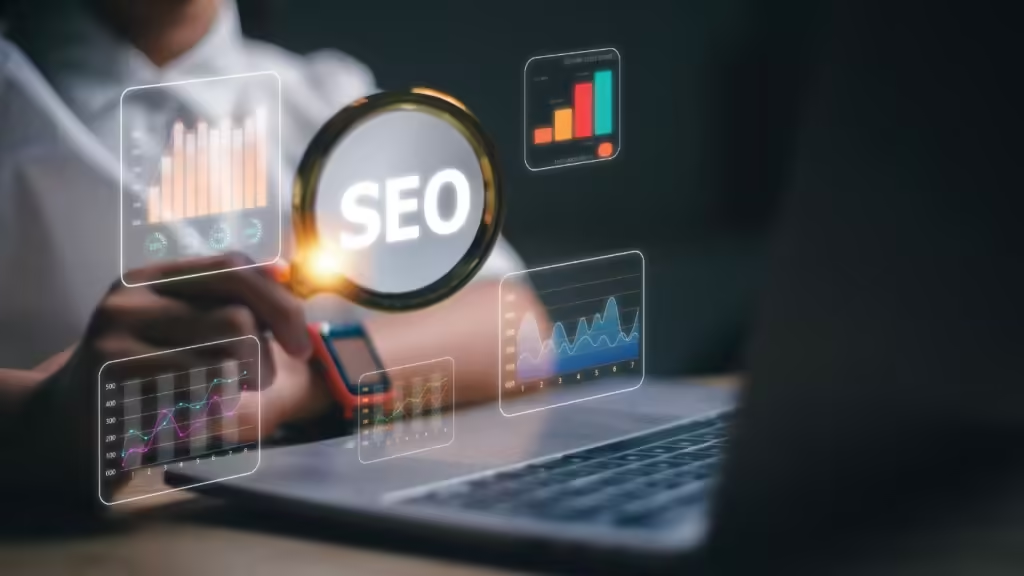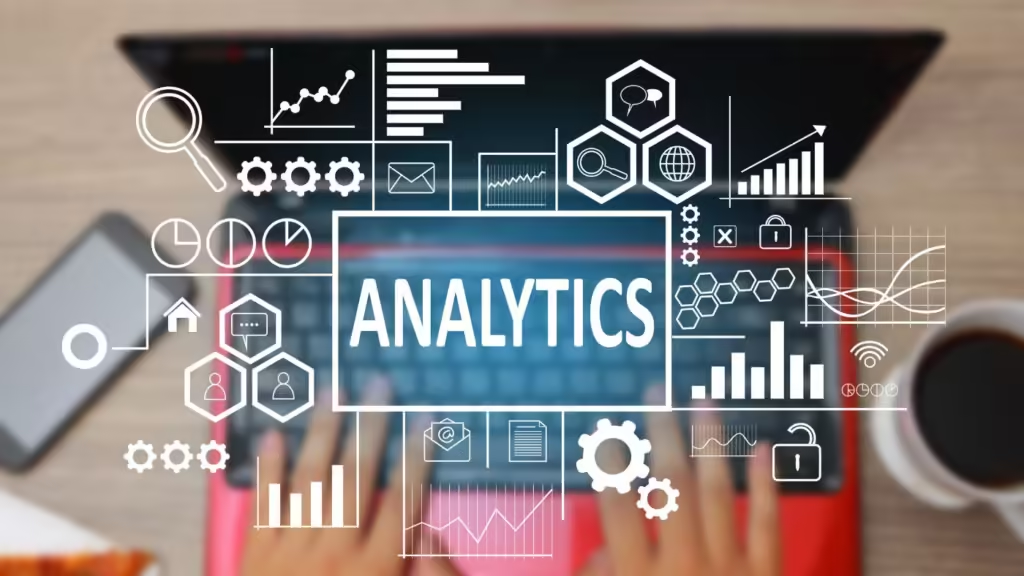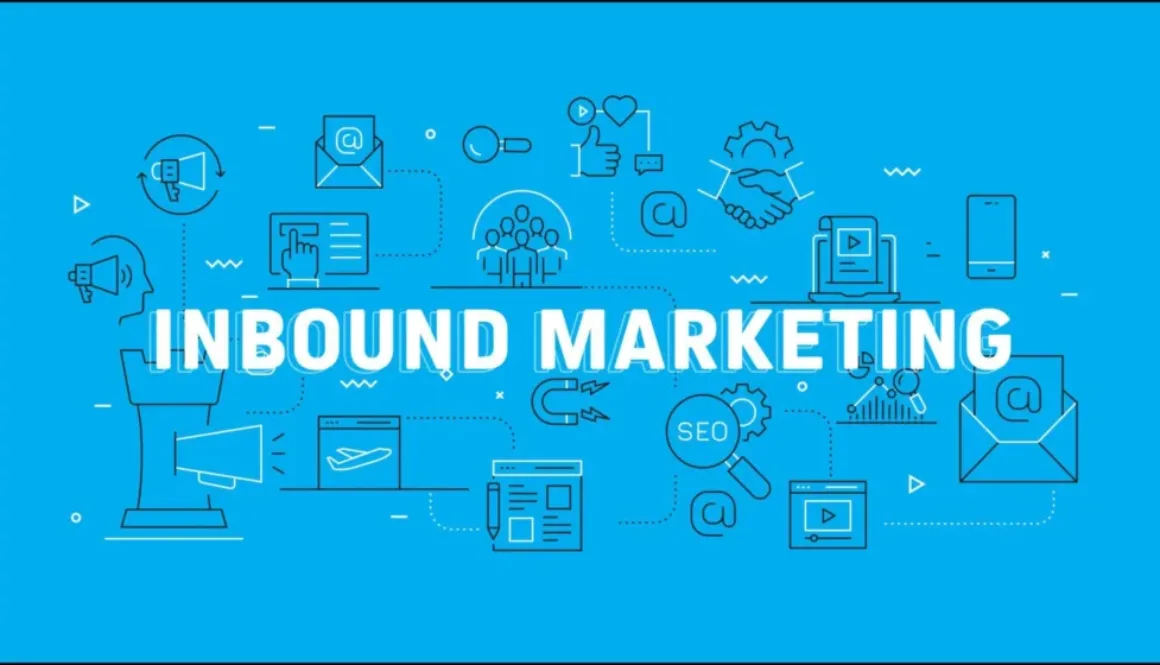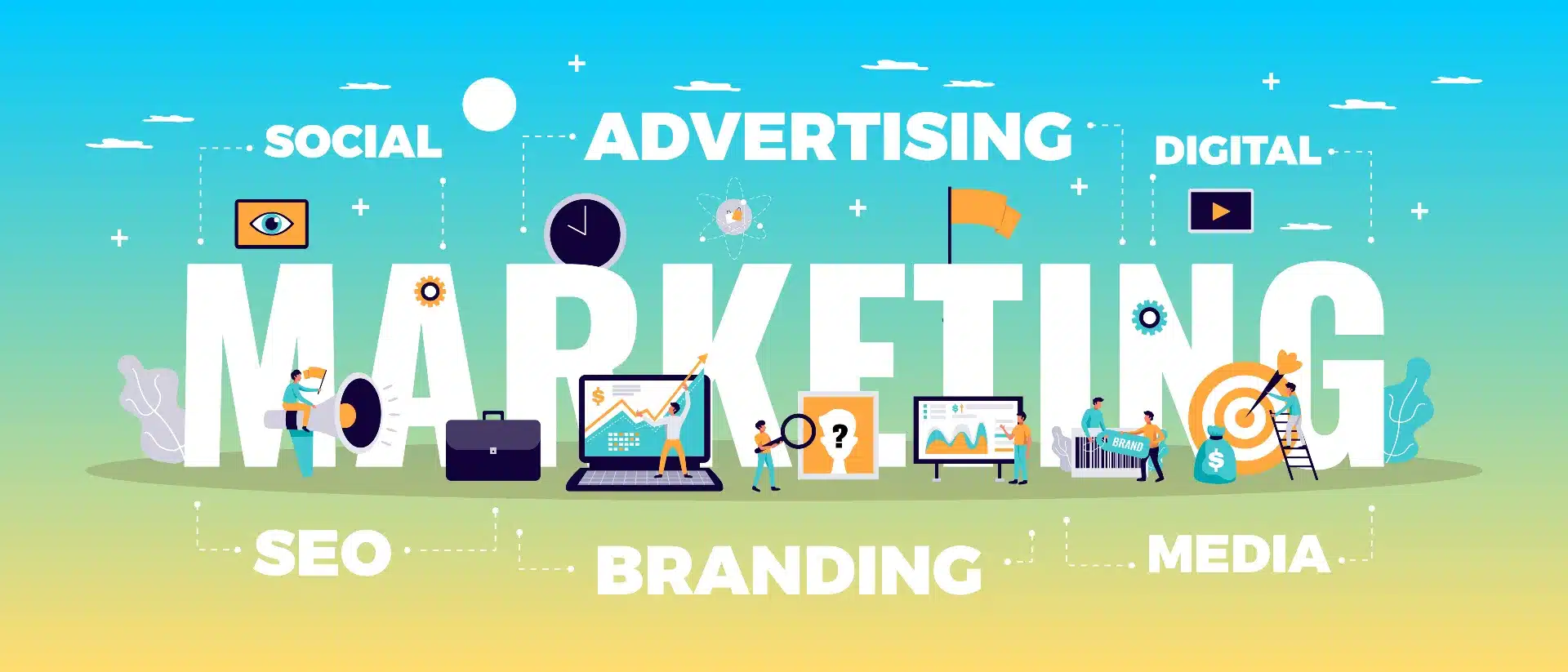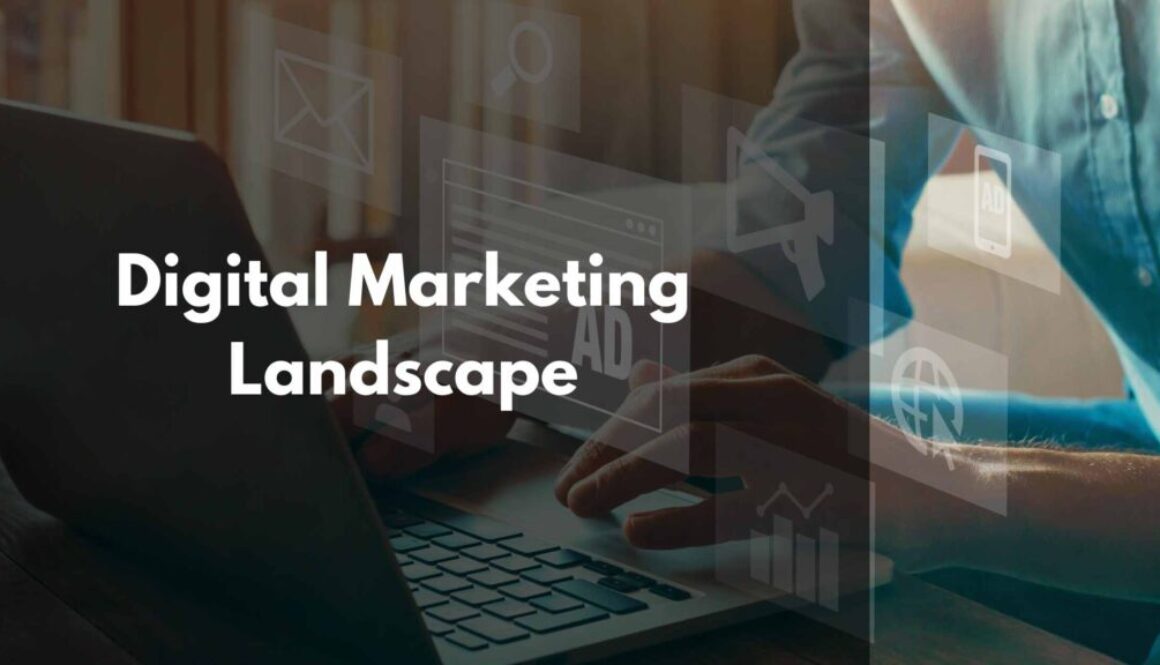How to Create a Winning Social Media Strategy for Your Brand?
In today’s digital landscape, social media is no longer just a nice-to-have; it’s an essential part of any brand’s marketing toolkit. Whether you’re a startup or an established brand, crafting a winning social media strategy for your brand is the key to connecting with your audience, boosting brand visibility, and driving business growth.
But how do you build a social media strategy that actually works? Let’s walk through the steps that will help you create an effective, results-driven plan for your brand.
1.Define Your Goals
Before diving into posts and platforms, you need to know why you’re using social media. Setting clear, actionable goals is the foundation of any successful social media strategy. A great way to approach this is by using the SMART goal framework, which stands for Specific, Measurable, Achievable, Relevant, and Time-bound.
For example, instead of saying, “I want more followers,” a SMART goal would be, “I want to increase my Instagram followers by 15% over the next three months.” This goal is specific (followers on Instagram), measurable (15%), achievable (based on current growth rate), relevant (tied to increasing brand awareness), and time-bound (three months).
Common social media goals include:
- Increasing brand awareness
- Driving website traffic
- Generating leads
- Boosting sales
- Building a community
Align your social media goals with your broader business objectives. If your main goal is to generate leads, focus on driving traffic to your landing pages or getting people to sign up for newsletters.
2.Know Your Audience
Understanding your audience is critical for creating content that resonates. Without a clear picture of who you’re talking to, your efforts might fall flat.

Start by defining your audience in terms of:
- Demographics: Age, gender, location, job title, etc.
- Psychographics: Interests, hobbies, values, and lifestyle.
- Behavioral insights: How they interact with your content or similar brands.
You can gather insights using tools like Google Analytics, Facebook Audience Insights, or conducting audience surveys. The more detailed your understanding, the better you’ll be able to tailor your content to meet their needs.
For example, if you’re targeting Gen Z, consider incorporating TikTok or Instagram Reels into your strategy. If your audience is more professional, LinkedIn might be your platform of choice.
3.Choose the Right Platforms
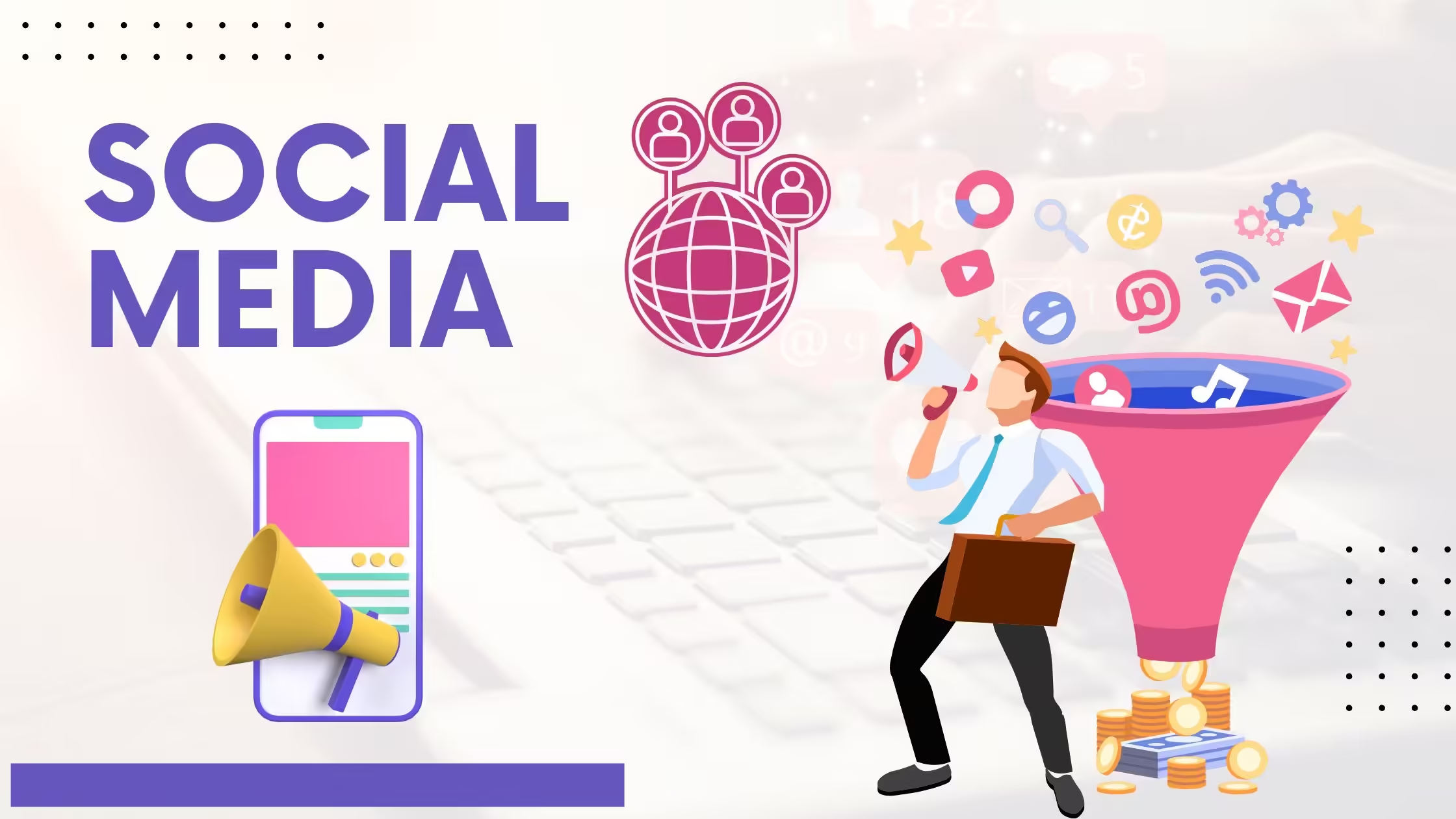
Here’s a quick rundown of the top platforms:
- Facebook: Great for broad reach and paid advertising.
- Instagram: Perfect for brands with strong visual content.
- LinkedIn: Ideal for B2B marketing and professional networking.
- Twitter: Excellent for real-time engagement and industry news.
- TikTok: A must for brands targeting younger, trend-focused audiences.
- YouTube: Essential for video content and long-form storytelling.
If you’re a small business, it’s okay to start with one or two platforms and scale up as you grow. The key is to be consistent and relevant on whichever platforms you choose.
4.Create Engaging Content
Content is the heart of any winning social media strategy for your brand. But it’s not just about quantity – it’s about quality. Creating content that engages, informs, and entertains your audience is the secret sauce.
Here are some content types to consider:
- Blog posts and articles: Great for driving traffic and establishing thought leadership.
- Images and infographics: Highly shareable and easy to consume.
- Videos: From short, snappy clips to detailed how-tos, video content rules on most platforms.
- Stories and live streams: These offer behind-the-scenes insights and real-time engagement.
- User-generated content: Encourage your followers to create content around your brand – it builds trust and community.
Tip: Use a content calendar to plan your posts in advance, ensuring you stay consistent. Tailor your content to each platform, rather than posting the same thing everywhere. Instagram may require more visually appealing posts, while LinkedIn could benefit from long-form, thought-provoking content.
5.Establish Your Brand Voice and Aesthetic
Your brand’s voice and visual aesthetic should be consistent across all platforms. Whether your brand is playful, formal, inspiring, or authoritative, make sure your messaging reflects your values and resonates with your audience.
Tone and voice should align with your audience’s expectations. For instance, a fun and quirky tone may work well on Instagram, while a more professional and insightful tone may be better suited for LinkedIn.
Consistency is also key in your visual elements. Stick to your brand’s color palette, typography, and image style to create a cohesive look across your profiles. This consistency helps your brand stand out and be easily recognizable.
6.Leverage Paid Social Media Advertising
While organic reach is valuable, the reality is that many platforms prioritize paid content. If you want to amplify your efforts, paid social media advertising can be a game-changer.
The beauty of social media advertising is that it allows for highly targeted campaigns. You can define your audience based on location, age, interests, behaviors, and even specific interactions with your brand.
Platforms like Facebook Ads, Instagram Ads, and LinkedIn Ads offer robust tools to help you A/B test your campaigns, optimize performance, and maximize ROI. Paid ads are especially helpful for promoting new product launches, seasonal sales, or building brand awareness in competitive markets.
7.Engage with Your Audience

Remember: social media is a two-way street. It’s not just about broadcasting your message but also about engaging with your audience. Respond to comments, answer questions, and participate in conversations. This builds trust and fosters a community around your brand.
Consider hosting live Q&A sessions, running contests, or creating polls to encourage participation. The more your audience feels involved, the stronger the connection they’ll feel to your brand.
Also, don’t underestimate the power of listening. Pay attention to what your followers are saying – their feedback is invaluable for refining your strategy.
8.Analyze and Optimize Performance
Tracking your results is vital to ensure your efforts are paying off. Use analytics tools, like Google Analytics or platform-specific insights, to track key metrics such as engagement, reach, clicks, and conversions.
Regularly review your performance to understand what’s working and what’s not. Are your followers engaging more with video content? Are your posts reaching the right audience? Use this data to refine your content, posting times, and overall strategy.
9.Stay Updated with Trends and Algorithm Changes
Social media is constantly evolving, with platforms updating their algorithms and new trends emerging regularly. Staying on top of these changes is crucial to maintaining a winning social media strategy for your brand.
For example, the rise of short-form video content (like TikTok videos and Instagram Reels) shows the growing demand for quick, engaging, and easily consumable content. Keep an eye on these trends and be ready to adapt your strategy accordingly.
Conclusion
Creating a winning social media strategy for your brand takes time, effort, and creativity. By setting clear goals, understanding your audience, and crafting engaging content, you can build a strong social media presence that drives real results for your brand. Don’t forget to consistently analyze and adjust your strategy to keep up with the ever-changing social media landscape.
